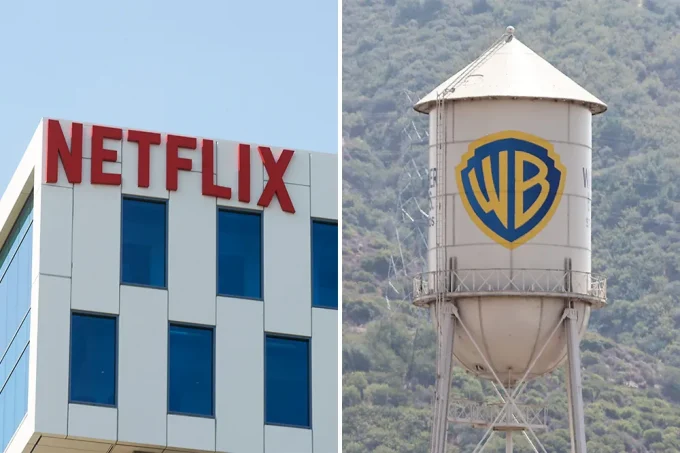Having grown up in western Kenya, I have lived through the best and worst times for the sugar industry. During the golden age of sugar farming, many children were educated using proceeds from the crop.
Mumias Sugar has sponsored community interests such as education, with Booker Academy built for the staff of the company. It is one of the best ranked schools in the country. They have played roles in sports, with a soccer team that has prominently featured in football at the national league. The sugar miller has even constructed a state of the art football pitch and stadium and revived a dying AFC Leopards.
As sugar sweetens beverages in millions of homes, it should not shy away from realities that sugar farmers face. The western region has continually posted the highest poverty index despite being self-proclaimed heroes of sugar production.
This is how the whole sugar farming business works. A farmer plants sugarcane on credit from the miller, then waits 18 months before harvesting. He will deliver cane to the factory, bearing all losses for leakage while on transit. He will then wait a whole year before being paid. When the payment comes, the creditor will have deducted his loans. The farmer gets very little pay, if any, for his hard work.
The development of sugar growing has spread to parts of north Rift, areas that have been dominantly maize growing areas. This has affected food production. Luckily, we have neighbours like Uganda who can sell their maize to us.
Instead of politicking about this sugar import deal, we should be discussing how farmers can put less of their land to sugarcane and plant more of fast maturing crops without affecting areas known to traditionally produce food crops.
We should be discussing methods to reduce wastage and increase output, while reducing price of sugar by half for Kenyan homes. Government should be telling cane farmers how it intends to avail fertilisers at subsidised prices, as it is happening with other crops.
The Uganda-Kenya deal should be left alone, because the country may never meet its own sugar needs. An extra two metric tonnes of sugar from Uganda which could bring down the price of sugar should be lauded.
What has Uganda done to produce excess sugar while only 40 years ago they went to the extent of smuggling the sweetener from Kenya? I may dislike Uganda for almost any other reason, but I must acknowledge that it is the most food secure nation in Africa, alongside Malawi.
Before Kenya ever discovered geothermal electricity, Ugandan electricity built the Kenyan economy. If you ask me, the sugar deal is coming late. Uganda deserves to export more than the 150 metric tonnes of sugar that Kenya is now up in arms about.
Kenyan cane farmers are doing their best, but given the continual land subdivision, they may not meet the sugar production capacity beyond what it was. As the Kenyan population continues to grow, we need more sugar in homes. I can only hope that the government comes up with measures to improve production capacity of sugar.
In the meantime, Ambassador Amina Mohamed, cabinet secretary for Foreign Affairs and International Trade, should quit saying that she has not signed the sugar deal and move with speed to have it signed. The COMESA deal will lapse by February of 2016. If we have no measures to ensure adequate supply of sugar, then Kenya will be in for a bitter shock. We will slide back to the days of hoarding, selective distribution and exorbitant pricing of sugar.
I am happily following a few 21st century western Kenya messiahs who are seeking publicity and raising their popularity index in the name of defending consumers’ rights. I also believe that they are old enough to tell of the days when the sweetener was sold only to a select few.
Decades ago, sale of sugar in supermarkets was controlled, making sellers to force buyers to pick only one packet of the commodity when shopping.
I am glad that I have a vote, but I will not vote for a person who is only pretending to fight for farmers’ rights through stopping the imports. My vote will go to a leader who promises a continuous supply at a much lesser price without compromising the price of sugarcane. This way both farmer and consumer will be taken care of.
I look forward to enjoying a few kilos of the valuable sweet substance from not only Uganda but the region.
The writer is an accountant , financial analyst, and PHD student.
ALSO SEE: MUMIAS SUGAR SET TO MAKE A LOSS OF KSH3.4 BILLION
>>>>>> SUGAR SHORTAGE? MUST BE PROPAGANDA
















































![Pula Co-Founders and Co-CEOs, Rose Goslinga & Thomas Njeru. Pula provides agricultural insurance and digital products to help smallholder farmers manage climate risks, improve farming practices and increase their incomes. [ Photo / Courtesy ]](https://businesstoday.co.ke/wp-content/uploads/2021/01/Pula-Co-Founders-and-Co-CEOs-Thomas-Njeru-Rose-Goslinga.jpg)




























































Leave a comment